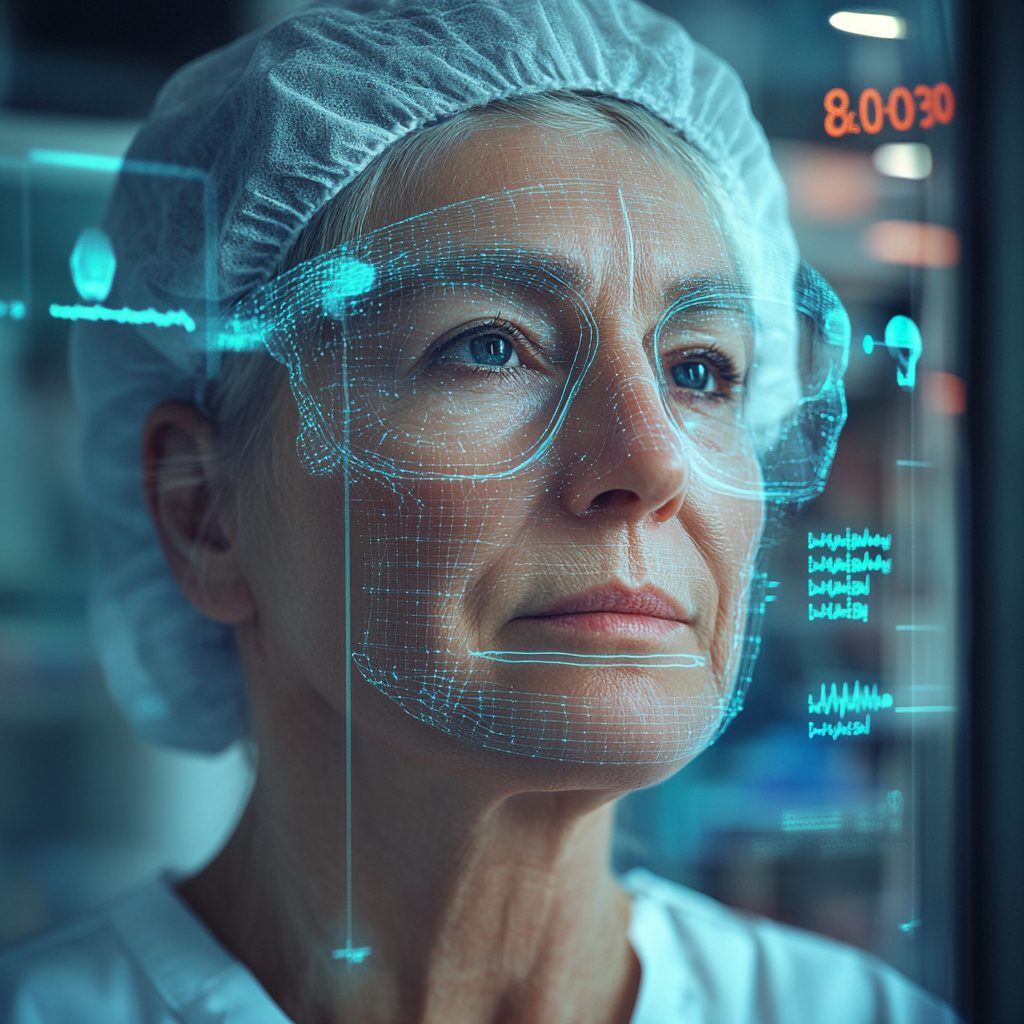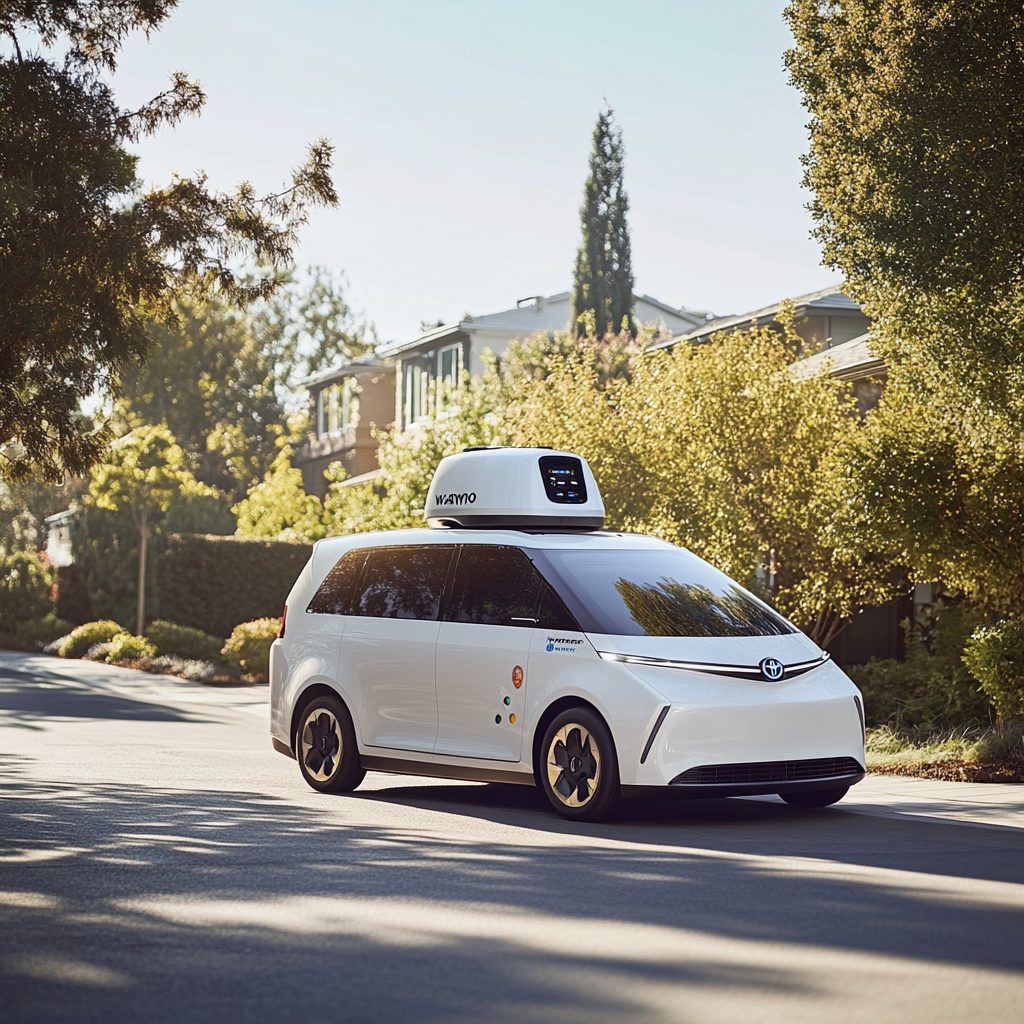When it comes to predicting how long someone might live or how fast they’re aging, we usually rely on lab tests, lifestyle data, and clinical experience. But what if your face alone could offer better insight?
That’s exactly what a new deep learning system called FaceAge aims to prove. Published in The Lancet Digital Health, this research introduces a model that can estimate a person’s biological age—not just how many birthdays they’ve had—by analyzing an ordinary photograph of their face.
The twist? FaceAge doesn’t just guess how old you look. It learns to predict health outcomes, like the likelihood of dying within five years, often outperforming traditional clinical risk factors.
A Face Scan That Sees Beneath the Skin
FaceAge was trained on over 50,000 images from cancer patients and healthy individuals. It was designed to estimate biological age—essentially, how old your body feels or functions—based on subtle facial features: skin texture, bone structure, muscle tone, and more.
What makes this different from “how old you look” is that FaceAge’s predictions aren’t based on superficial appearance. Instead, they’re aligned with biological markers tied to aging, illness, and even mortality risk.
In one example, patients whose FaceAge was significantly higher than their actual age had lower survival rates—even when their clinical records didn’t indicate severe risk. In other words, the face picked up what the charts missed.
“It’s like reading blood work from a selfie”
That’s how one of the study’s lead authors put it. It’s a poetic way to describe a system that might make routine checkups as simple as a camera click.
FaceAge was even tested in real-world clinical environments and maintained its predictive power across diverse settings, patient profiles, and image types. It held up whether the image was high-resolution or taken from a video still, suggesting the system could scale across hospitals, clinics, and telehealth platforms.
Caution, Not Hype
Of course, this doesn’t mean your smartphone will replace your doctor. The researchers are clear that FaceAge should complement medical judgment—not override it. Still, it opens the door to new ways of monitoring health in under-resourced areas or during routine digital consultations.
You can read the full study in The Lancet Digital Health at this link.
🔍 Q&A Corner
Q1: What is FaceAge and how does it work?
FaceAge is a deep learning system trained to estimate biological age from facial images. It analyzes patterns in the face that correlate with underlying health conditions and aging, helping to predict mortality risk more accurately than chronological age alone.
Q2: Can FaceAge be used at home or through telemedicine?
Not yet for everyday use—but the study shows strong potential for FaceAge to be adapted into telehealth workflows, remote screening tools, or even public health interventions, especially in areas with limited access to diagnostic equipment.
If this kind of research fascinates you, don’t miss what’s next.
👉 Sign up for our AI Newsletter for real-world AI stories, explained simply and with zero hype.
Bringing AI into your healthcare or tech product?
👉 Click here if you’d like consulting expertise that helps you get it right from day one.


